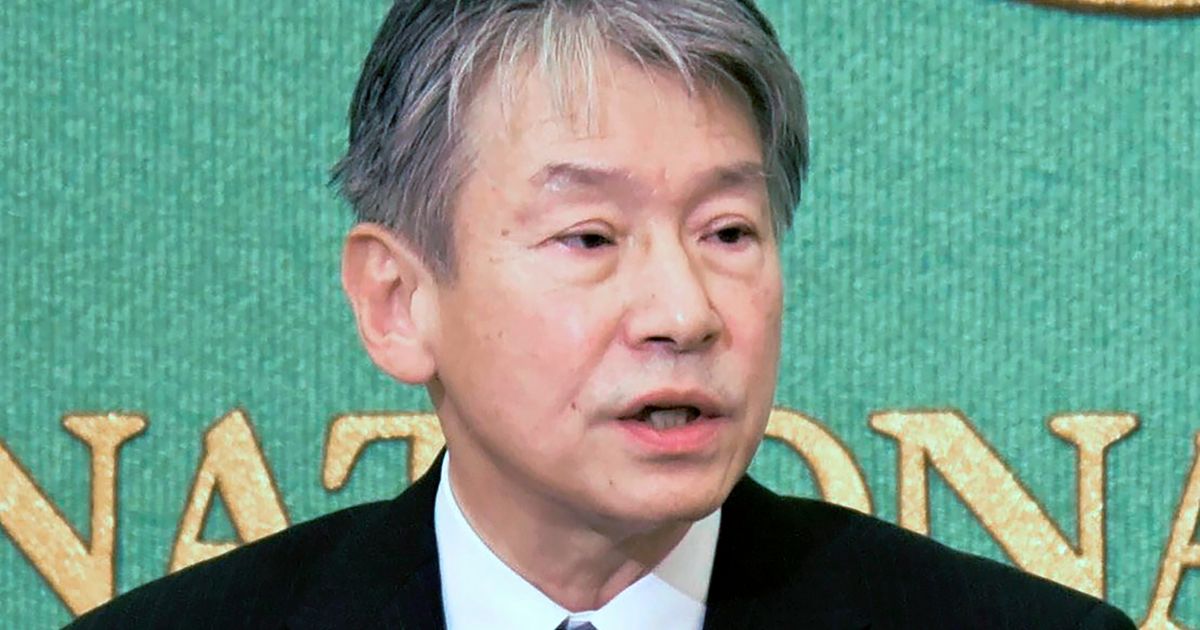TOKYO (AP) — Japan’s nuclear regulators are considering overhauling the safety assessment system to allow aging reactors to operate beyond the current 60-year limit, but the move is aimed at preventing safety breaches and is not motivated by the government’s efforts to increase the use of nuclear power. authorities, the official said on Monday.
The Nuclear Regulatory Commission, at the request of the Ministry of Economy and Industry, developed a draft plan to abolish the 60-year limit and replace it with a system of potential extensions every 10 years after 30 years of operation.
That would be a significant change from the current 40-year limit with a possible one-time extension of up to 20 years, a rule that was adopted to comply with stricter safety standards imposed after the 2011 Fukushima nuclear accident.
The draft plan has yet to be officially approved.
This move caused a mixed reaction from the public. Nuclear Regulatory Authority Commissioner Shinsuke Yamanaka dismissed criticism that the watchdog may have bowed to government pressure to extend the reactors’ lives.
“Our judgment in our safety inspections is not influenced by government policy,” Yamanaka said. “We have no intention of compromising our rigorous security checks.”
Yamanaka emphasized that his agency did not initiate the change and was responding to the government’s request to ensure security.
Prime Minister Fumio Kishida said in August that Japan needed to consider all options for its energy system, including nuclear power, to strengthen its “environmental transformation” to curb greenhouse gas emissions and ensure a stable energy supply. Japan has promised to achieve carbon neutrality by 2050.
Anti-nuclear sentiment and safety concerns have soared in Japan since the Fukushima disaster, but the government is pushing for a return to nuclear power amid concerns about energy shortages following Russia’s invasion of Ukraine and a global push to cut greenhouse gases. Japan has faced criticism for saying it would phase out fossil fuel use by 2050, without giving a specific timeline.
While maintaining a 20%-22% target for nuclear power as part of its 2030 energy balance sheet, Japan’s government has previously insisted it is not considering building new nuclear plants or replacing aging reactors, apparently to avoid criticism from a still-wary public. .
Kishida, in a major move toward greater use of nuclear power, asked a government panel to decide by the end of this year on a proposal to design and build “new innovative reactors” such as small modular nuclear reactors, and asked nuclear officials and experts to consider extending period of operation of obsolete reactors.






